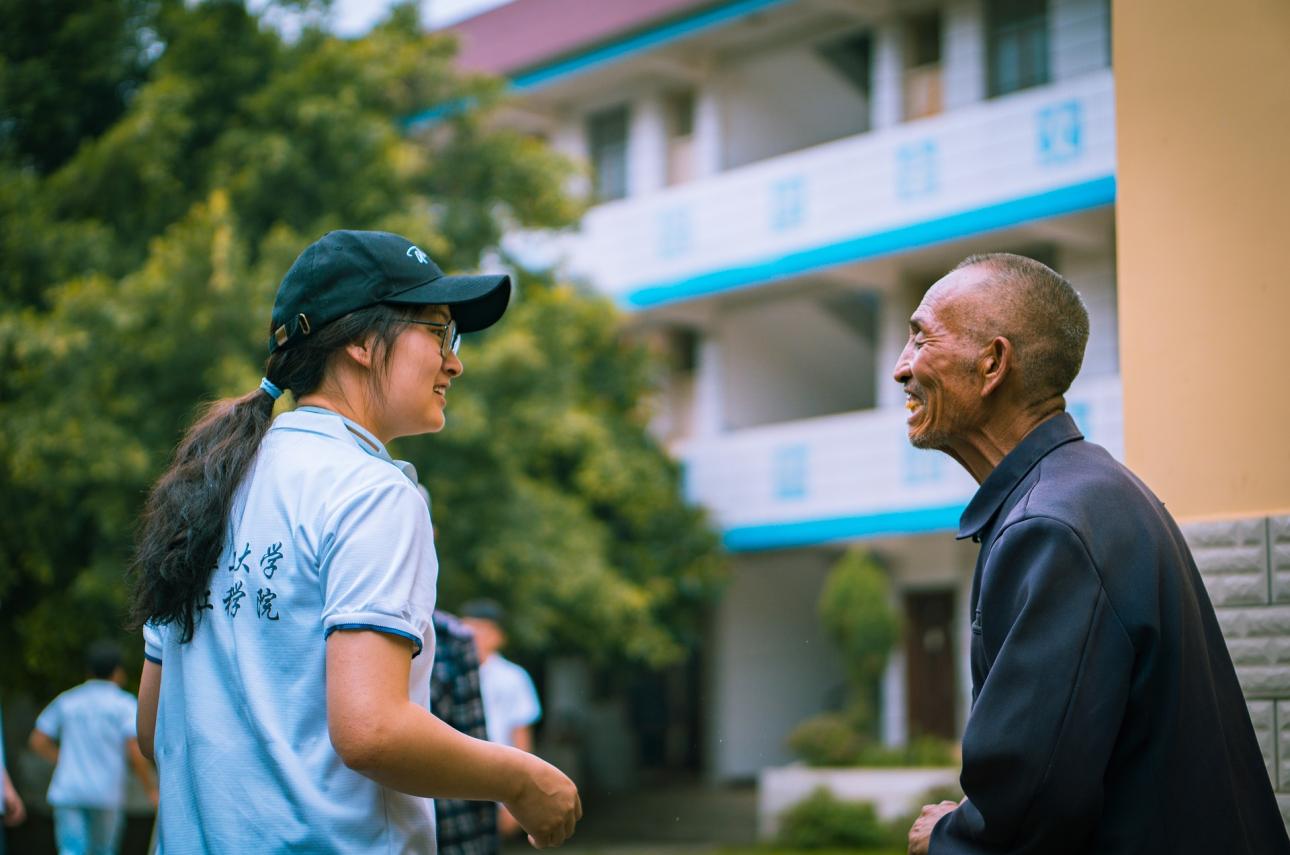Participating in a volunteering program in another country is one of the most fulfilling activities one can engage in. It gives them an opportunity to explore new places and cultures, inspire personal growth, and most importantly, contribute to society. Yet, this also means that a lot of planning has to be organized in order to protect oneself. No matter if the journey is for a couple of weeks or a couple of years, it is always important to take care of one’s health. Below are tips on how to avoid these dangers when doing humanitarian work abroad.
1. Research Your Destination
Prior to the departure, one should make sure that he or she studied the country to be visited. This includes knowledge of the culture, traditions, and evaluation of the dangers involved in visiting the given country. Is the region they are visiting politically stable? Are there health risks such as yaws, or malaria, or any other illness? Impressions and advice that can be found in guides for tourists and accounts of past volunteers may prove useful. It is always easier and more pleasant to deal with something one has an idea about.
2. Choose a Reputable Organization
Choosing the organization to perform volunteer work bears great importance for both the given experience and safety. Seek these kinds of well-established, open organizations with specific procedures for safety. Make sure to check for feedback from past volunteers and determine whether the organization gets them prepared by providing orientation, accommodation, and emergency services. An organization of good standing will have the volunteer safety measures in place including medical care, evacuation arrangements, and ground personnel.
3. Get Vaccinated and Insured
Keep in mind that health is paramount in every situation. Seek advice from your physician on preventative measures, especially vaccinations, that you may need to undertake in your intended travel destination. Immunization may be needed against diseases such as yellow fever, typhoid or hepatitis. Have all the important first-aid kits that one may need, including prescription ones, and over-the-counter drugs like analgesics, mosquito sprays, and bandages.
On top of the vaccines, try and get full cover travel insurance. This should include medical cover, trip interruptions, baggage loss, theft among other things. If it is not there, inquire if they offer repatriation cover.
4. Stay Aware of Your Surroundings
There is a need to pay attention to the surroundings while traveling, especially in new places. Do not frequent the risky endpoints especially when night falls. Always have identification and drivers license with you, a duplicate passport and a list of useful local emergency contacts. If anything seems off, feel free to make use of your judgment. Local tour guides and people are usually helpful and will advise on which areas are not safe and what actions to take.
Resist the temptation to engage in behavior that may be construed as ostentatious display of wealth, such as donning expensive jewelry or carrying around bundles of cash. Because pickpocketing and other forms of petty crime are rampant in tourism focused areas, danger to your valuables is reasonable and it is advisable to refrain from lone strolling particularly in the dark hours.
5. Learn Basic Local Phrases and Customs
Education in a foreign country can also be dangerous if the student does not learn at least a small part of the host country’s local language. It helps you to use public transport, to ask for assistance, and to comprehend subsequently attached notices. Moreover, learning local culture and porous borders’ etiquette protects from some harsh realities of traveling to some countries.
For example, some countries may have conservative dress codes, especially in religious or rural areas. Adhering to local norms shows respect and can keep you from standing out as a vulnerable target.
6. Stay Connected
Make it a habit to update any family member, a friend, or a volunteer organization about your status and activities. Provide your travel schedule, where you are going to stay, and notice any changes. In some situations, having a local sim card or WiFi to receive calls or use maps and other important things proves very useful.
Keep in mind to download emergency contact numbers in your mobile phone such as that of local police, your embassy, and your volunteer coordinator.
7. Be Culturally Sensitive and Respectful
Adhering to the values and practices of the host society aids in their assimilation and more importantly, provides a measure of protection. In some countries, failure to appreciate culture can lead to friction, and severe even imprisonment. Study how people in the region you intend to work apply and practice their beliefs. Tread their culture lightly – be inoffensive, open, and appreciate their culture.
Final Thoughts
One interesting characteristic of volunteering in a foreign country is that you are not just doing something worthwhile, you are also learning a lot. Safety is however the most important factor and consideration. Prior arrangements, knowledge, and these measures; all contribute to having a pleasant experience. In terms of no meaning reckless risks, it allows one to use the time outside the country wisely.

